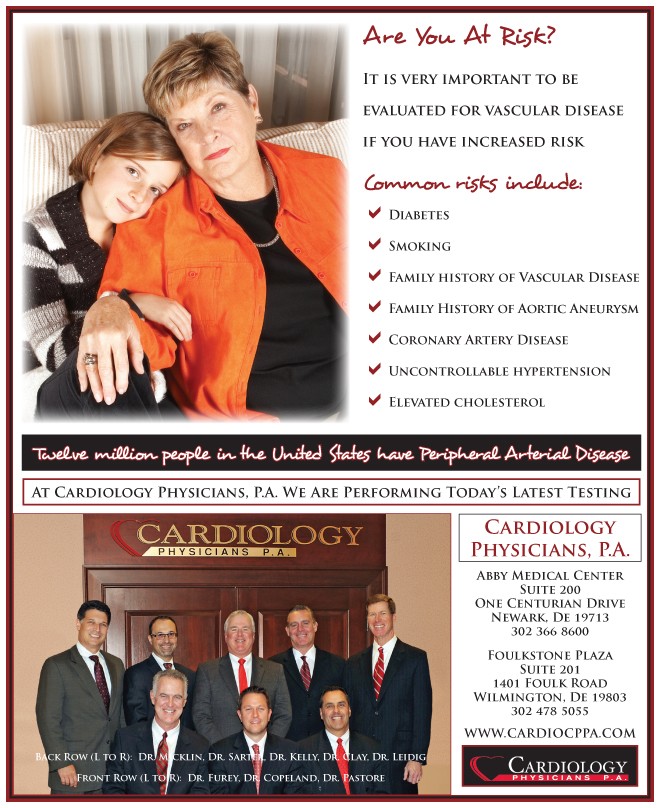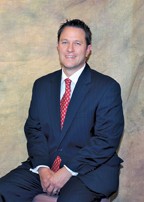COVID-19 & The Cardiovascular System
By Kevin Copeland, D.O.
Over the past year the world has been in turmoil with the Coronavirus disease. COVID-19 started at the end of January 2020 and was regarded as a worldwide pandemic by mid-March 2020. Thus far, there have been over 27 million cases and nearly 475,000 deaths in the United States alone since the onset of the pandemic. In 2020 COVID-19 was the leading cause of death in America behind heart disease and cancer. Aside from significant respiratory compromise, COVID-19 can cause significant cardiac morbidity and mortality, especially in those who have underlying cardiovascular disorders. This is not surprising, given that a number of viral illnesses have varying effects on the cardiovascular system.
Some of the most common viruses that affect humans have the potential to cause cardiac problems, these include; Adenovirus, Influenza, Coxsackie Virus and Parvovirus. This is usually rare and most of the time these viral illnesses resolve without any major consequences. However, epidemiology studies have seen an increase in the incidence of acute myocardial infarctions shorty after there have been an increase in Influenza cases. Most likely, this is the result of a major inflammatory response throughout the body which can also affect the heart and blood vessels. COVID-19, just like other viruses, triggers the immune system, sometimes eliciting a profound inflammatory response which can lead to cardiac complications such as Cardiac Ischemia, weakened heart muscle or cardiac rhythm disturbance.
The impact that COVID-19 has on the cardiovascular system is not fully understood. Not only does this affect the heart acutely, but can also have some long term affects which are now starting to be recognized. Most patients who do have cardiac manifestations of the virus will be symptomatic with the typical COVID-19 symptoms, such as fever, shortness of breath and cough. The use of lab test to check cardiac biomarkers have shown some prognostication value and EKGs can often show abnormalities, some of which can mimic a heart attack. Most commonly, the patient will develop a fast heart rhythm (Sinus Tachycardia), but some arrhythmias can also occur, such as atrial fibrillation.
Bio
Dr. Copeland has been a member of Cardiology Physicians, P.A. since June of 2014. He began his studies in Radiologic Technology, after which, he obtained a Bachelor of Science degree at Neumann University in December of 2000 where he graduated with honors. Dr. Copeland then went on to attend medical school at the Philadelphia College of Osteopathic Medicine. His post-graduate training in Internal Medicine took place at Christiana Care Health Systems Program from July 2006 until June of 2009 followed by an additional year where he was nominated to serve as the Chief Resident for the Medicine Program at Christiana Care Health Systems. He began his fellowship in Cardiology the following year and was elected the Chief Cardiology Fellow from July 2012-June 2013. After completing his fellowship in Cardiology, he continued an additional year of fellowship with concentration in Interventional Cardiology.
Dr. Copeland is board certified in Internal Medicine from the American Board of Internal Medicine and also maintains board certification in both Interventional and General Cardiology. He is also a Fellow of the American College of Cardiology and has received multiple Physician Ambassador Awards for the Cardiovascular Critical Care Unit at Christiana Hospital.
Dr. Copeland has presented and published several abstracts and manuscripts in both general and interventional cardiology. He has a strong interest in interventional cardiology, the diagnosis and interventional treatment of peripheral vascular disease, valvular heart disease and cardiac hemodynamics.
Dr. Copeland was born and raised, and currently resides in Delaware with his wife Lori and their three children: Emily, Owen and Landon. In his spare time, Dr. Copeland enjoys spending time with his friends and family, going to the beach, traveling and both watching and participating in his children’s sports. He is an avid college football fan in addition to following the local Philadelphia sports teams.



